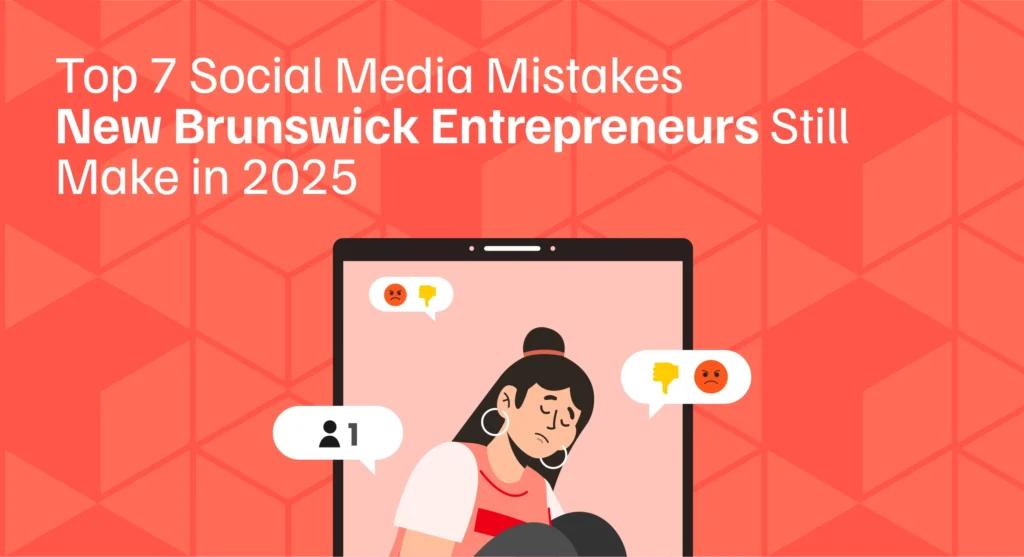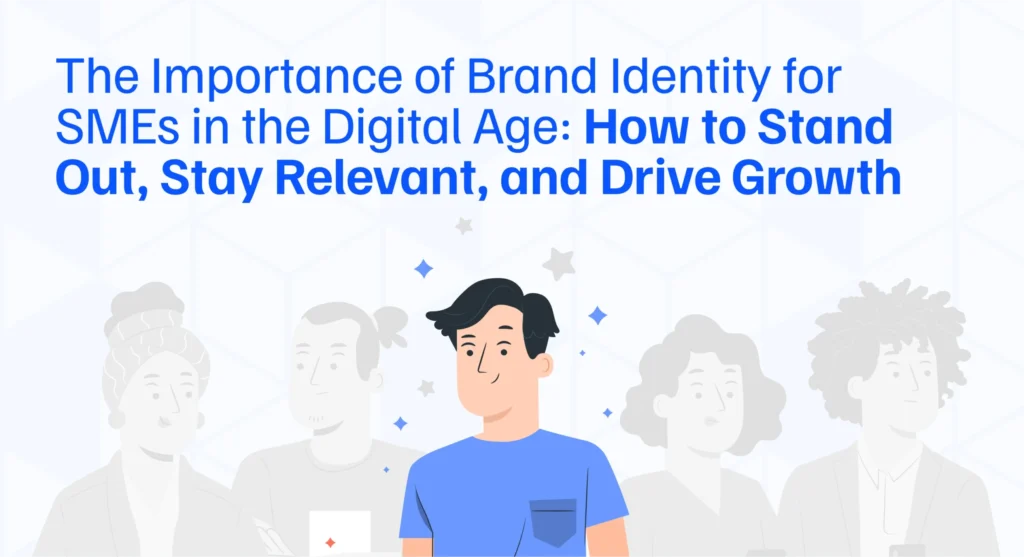Key Takeaway
- AI and automation are essential for small business survival and growth: They are no longer luxuries but necessities.
- AI adoption among SMEs is growing, but effective understanding is key: Many use basic AI without realizing it, but more advanced applications offer significant advantages.
- AI amplifies human effort, optimizes work, and enables faster scaling: It helps small businesses do more with less.
- Real-world examples show AI’s impact on sales, customer retention, and efficiency: Case studies demonstrate tangible benefits.
- SMEs can start by identifying repetitive tasks, investing in AI marketing, and leveraging AI for decision-making: Practical steps are available for immediate implementation.
- AI powered customer support and financial management are key areas of opportunity: Automation can greatly improve these areas.
Introduction
The way we work is changing rapidly. Technology, automation, and the rise of remote work are reshaping industries, and small businesses that fail to adapt risk being left behind. While large corporations have the resources to pivot quickly, SMEs must be strategic in leveraging global talent and technology to remain competitive.
The good news? The same forces disrupting traditional business models AI, digital collaboration, and borderless hiring—are also creating unprecedented opportunities. The future of work isn’t about replacing humans with machines; it’s about equipping SMEs with smarter, more efficient ways to scale.
Understanding the Shift: What’s Driving the Change?

- Remote Work is Here to Stay
A 2023 survey found that 87% of employees offered remote or hybrid work arrangements embraced the opportunity, working from home an average of three days per week. SMEs that adopt flexible work models can tap into global talent without geographical constraints, reducing overhead costs and increasing access to specialized skills.
- AI and Automation are Reshaping Roles
Automation isn’t just for large enterprises—SMEs are increasingly using AI-powered tools to streamline operations. From automated customer support (chatbots) to AI-driven marketing analytics, small businesses can optimize efficiency and focus human effort where it matters most. A report from PwC projects that AI could contribute up to $15.7 trillion to the global economy by 2030.
- The Workforce is Becoming More Digital and Global
SMEs no longer need to compete for local talent alone. Platforms like Upwork and Toptal have made it easier than ever to hire skilled professionals from across the world. According to Gartner, 58% of organizations now have some form of a distributed workforce.
How SMEs Can Adapt and Stay Competitive
- Leverage Remote Work to Access Top Talent
Rather than being limited by local hiring challenges, SMEs can attract top talent from anywhere. Remote work also helps businesses scale without the costs of physical office spaces. Companies like Buffer and Zapier have built successful fully remote teams, proving that location is no longer a barrier to success.

- Automate Repetitive Tasks to Boost Productivity
Time-consuming tasks like invoicing, scheduling, and email marketing can be automated using AI-powered tools. SMEs can use platforms like HubSpot, Zapier, and Notion to integrate workflows and reduce manual labor.
- Invest in Digital Collaboration Tools
A hybrid workforce thrives on seamless communication. Tools like Slack, Asana, and Microsoft Teams allow SMEs to collaborate in real time, ensuring productivity across time zones. According to a Harvard Business Review study, businesses that invest in digital collaboration see a 20–30% increase in efficiency.
- Upskill Employees for the Future of Work
A workforce that understands AI, data analytics, and digital marketing is a competitive advantage. SMEs should offer continuous learning opportunities to ensure their teams stay ahead of industry trends. Platforms like Coursera, LinkedIn Learning, and Google Digital Garage provide affordable, high-quality training for small businesses.
Ditrop SMEs Perspective: The Future is Now
At Ditrop SMEs, we recognize that the future of work isn’t years away—it’s happening now. Small businesses must be proactive in integrating digital tools and global talent into their growth strategies.
By embracing AI, automation, and remote work, SMEs can:
- Scale without increasing overhead costs.
- Improve productivity with smart automation.
- Access world-class talent beyond borders.
- Stay agile and competitive in a rapidly changing economy.
Conclusion
The future of work isn’t about survival it’s about thriving in a digital-first world. The businesses that embrace these shifts today will be the market leaders of tomorrow.
So, the question isn’t if your SME should adapt, but how fast you can make the shift. Because in this era, agility is the greatest advantage.
Reference
McKinsey & Company (2023). The Rise of AI in Small Business: Productivity & Cost Benefits. https://www.mckinsey.com/capabilities/mckinsey-digital/our-insights
Forbes (2023). Embracing The Future: How AI Is Revolutionizing Marketing And Sales. https://www.forbes.com/councils/forbesbusinesscouncil/2023/03/08/embracing-the-future-how-ai-is-revolutionizing-marketing-and-sales














